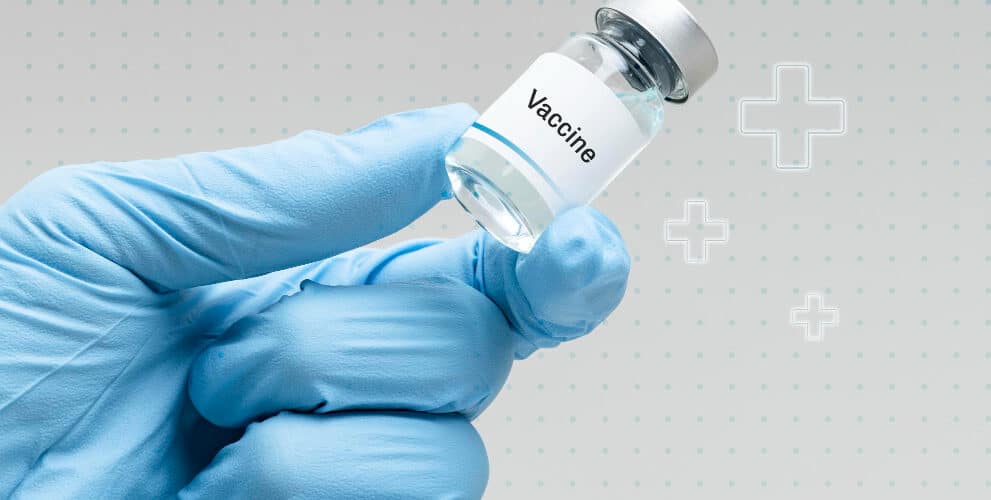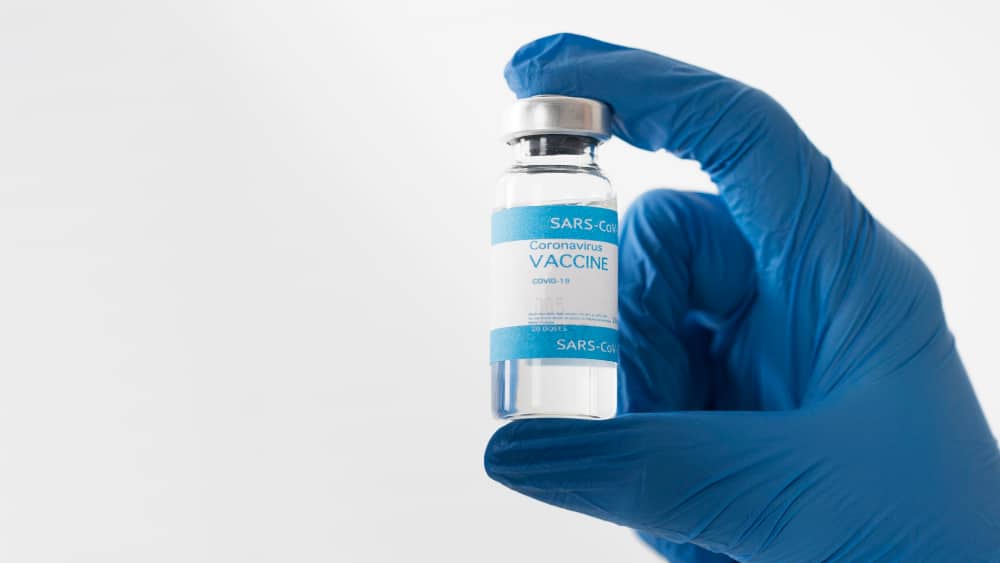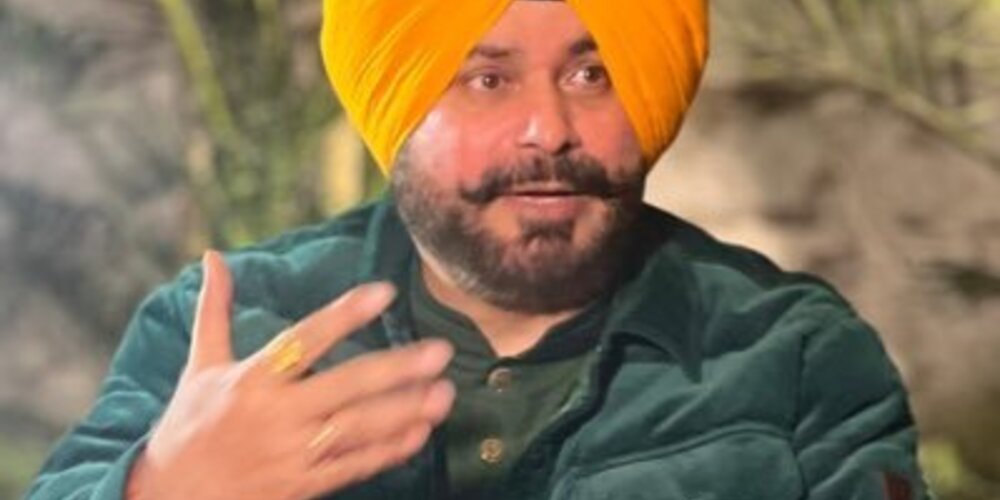Gavi hits HPV vaccine goal, reaching 86 million girls worldwide
WHO’s shift from two HPV doses to one sparked what Gavi called an “explosion of demand,” enabling countries to reach millions more girls
Author
Author
- admin / 2 months

- 0
- 3 min read

Author
Gavi, the Vaccine Alliance, has reached its ambitious goal of vaccinating 86 million girls against human papillomavirus (HPV), a major cause of cervical cancer. The milestone, announced on the world’s first cervical cancer elimination day, could prevent 1.4 million deaths, according to Gavi.
“Every two minutes, a woman dies from cervical cancer – a disease that is both devastating and largely preventable,” Dr. Sania Nishtar, Gavi’s CEO, said in a statement.
“An estimated 86 million girls are now protected against the leading cause of cervical cancer, thanks to a concerted three-year effort by Gavi, the Vaccine Alliance and lower-income countries,” the statement said.
The alliance said it used economies of scale to bring down prices and make vaccines available to about 50 poorer countries.
“Gavi secured commitments from manufacturers to invest in HPV vaccines -– and the price of HPV vaccines in Gavi-supported countries is now between $2.90 and $5.18 per dose, compared with US$100 or more elsewhere,” said the statement.
“This collaborative effort is driving major global progress towards eliminating one of the deadliest diseases affecting women,” Nishtar said, while stressing that the cancer still kills a woman every two minutes.

Approved in 2022, the target required an unprecedented scale-up. “That was a very ambitious goal at the time, because in the period between 2012 and 2022 we actually only reached 13 million girls in that whole period,” Emily Kobayashi, Gavi’s head of HPV vaccines, told Devex. She called the expansion a “really special case” that enabled rapid acceleration.
Momentum surged after the WHO shifted to a one-dose schedule, easing delivery for health systems. Demand spiked globally. “That led to this really high explosion of demand but this global supply wasn’t really able to keep up,” Kobayashi said. But with new manufacturers entering the market and Gavi offering guaranteed purchase volumes, supply has now stabilised. “With this new massive demand, we were able, over the course of a few years, to have more supply,” she told Devex.
Countries such as Tanzania and Nigeria posted standout results. Nigeria alone vaccinated over 13 million girls in two phases.
While Gavi faces budget tightening after a weaker-than-expected replenishment round, the alliance says HPV vaccination will remain a priority. As Kobayashi noted, policymakers in high-burden countries are deeply motivated: “Because it’s such a painful and debilitating condition, it really motivates policymakers to know that there’s a vaccine that can completely prevent this horrible outcome with one shot.”
India’s nationwide HPV vaccination drive for girls
Last yeat, India decided to roll out a national vaccination campaign to protect girls aged nine to 14 from the human papillomavirus (HPV), the virus that causes cervical cancer.
“Our government will encourage vaccination for girls in the age group of 9 to 14 years for the prevention of cervical cancer.” the finance minister Finance Minister Nirmala Sitharaman announced in her then interim budget speech.
India faces one of the world’s highest cervical cancer burdens. The country records one new case every four minutes, and one death every seven minutes, according to health data.
Also read: Aluminium in vaccines safe for children, says study, countering anti-vaxxers









